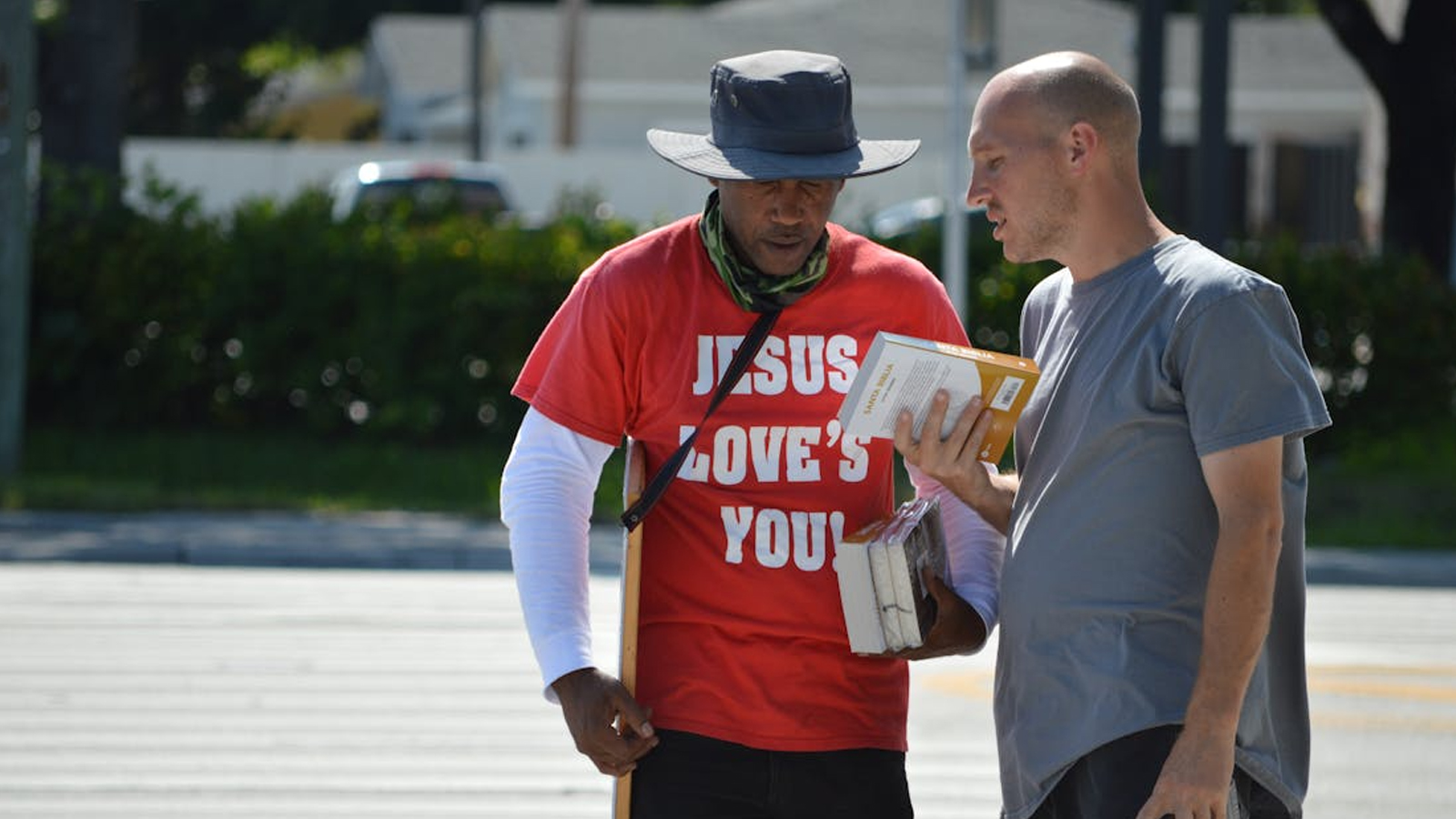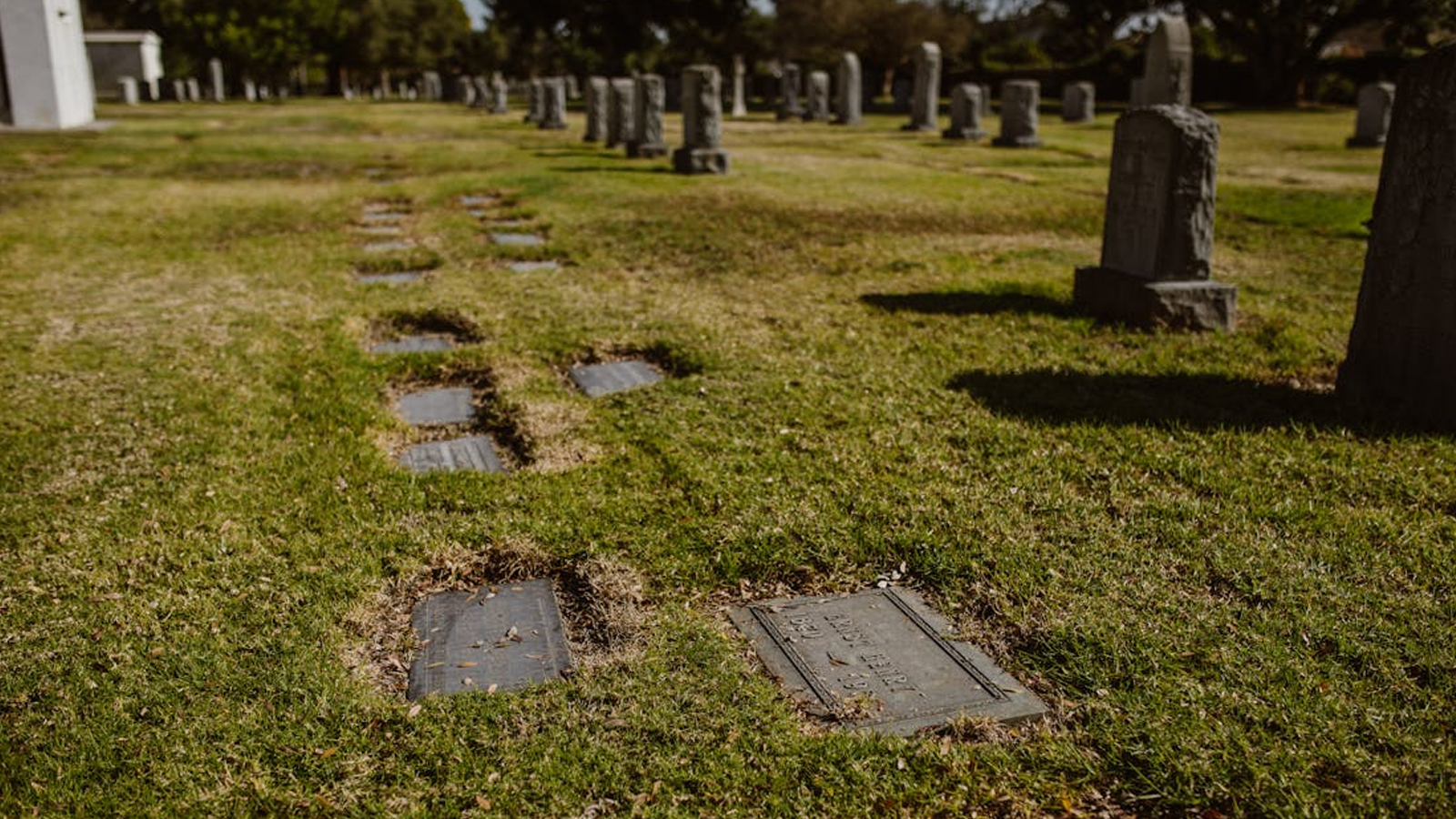
I make a much more elaborate and cumulative case for the early dating of the gospels in Cold Case Christianity, but a portion of this case revolves around Luke’s omission of three important deaths in the Book of Acts: the deaths of Paul, Peter and James. A recent listener to the Stand to Reason “Please Convince Me” Podcast recently wrote: “Firstly, perhaps such historical events were simply beyond the scope of the author of Acts? It has been suggested that the author may have been aware of the aforementioned events, but he chose instead to end his account thematically with the Gospel finally reaching the heart of Gentile civilization, Rome… Is it really viable to suggest that these possibilities are less reasonable than the early dating hypothesis?” One of the evidences in the Book of Acts that makes the omission of Paul, Peter and James’ death so powerful is the inclusion of two other deaths in the narrative: the deaths of Stephen and James, the brother of John:
Acts 7:58-60
When they had driven him out of the city, they began stoning him; and the witnesses laid aside their robes at the feet of da young man named Saul. They went on stoning Stephen as he called on the Lord and said, “Lord Jesus, receive my spirit!” Then falling on his knees, he cried out with a loud voice, “Lord, do not hold this sin against them!” Having said this, he fell asleep.
Acts 12:1-2
Now about that time Herod the king laid hands on some who belonged to the church in order to mistreat them. And he had James the brother of John put to death with a sword.
The inclusion of the deaths of Stephen and James (the brother of John), make the exclusion of the deaths of Paul, Peter and James (the brother of Jesus) powerful evidences for the early dating of Luke’s work. Share on X
As important as Stephen and James, the brother of John, were to the early Church, it can hardly be argued that Paul, Peter and James, the three most important Christian leaders of the first century and the primary characters of the Book of Acts narrative, would not be considered important enough to describe their deaths. Is it possible (viable) that Luke “may have been aware of the aforementioned events, but chose instead to end his account thematically with the Gospel finally reaching the heart of Gentile civilization, Rome?” Of course it’s possible, because anything and everything is possible. But it’s not reasonable. And as I’ve described in my book, the difference between what’s possible and what’s reasonable is critically important to jurors. Jurors are instructed that they are not to spend time “speculating” in their jury deliberation about what’s possible, but to consider instead what is reasonable in light of the evidence. The inclusion of the deaths of Stephen and James (the brother of John), make the exclusion of the deaths of Paul, Peter and James (the brother of Jesus) powerful evidences for the early dating of Luke’s work. The most reasonable inference from the omission of these deaths is that Luke wrote his narrative prior to their occurrence.

J. Warner Wallace is a Dateline featured Cold-Case Detective, Senior Fellow at the Colson Center for Christian Worldview, Adj. Professor of Christian Apologetics at Talbot School of Theology, Biola University, author of Cold-Case Christianity, God’s Crime Scene, and Forensic Faith, and creator of the Case Makers Academy for kids.
Subscribe to J. Warner’s Daily Email



























Pingback: Why didn’t Luke mention the deaths of Paul, Peter and James in the book of Acts? « Wintery Knight
Pingback: Is the Bible True? The Cumulative Case for the Reliability of the Gospels (Free Bible Insert) | Cold Case Christianity
Pingback: mid-week apologetics booster (6-16-2016) – 1 Peter 4:12-16
Pingback: Why Didn’t Luke Include the Deaths of Paul, Peter and James in the Book of Acts? | Cold Case Christianity – Elders Scrolls
Pingback: 18 Years Later, We Remember – Cyber Penance
Robert
May 4, 2023 at 3:11 am
I share the perspective that the exclusion of the deaths of Paul, Peter and James is indeed strong evidence that Acts was written before these events; however I have seen it often levelled against this argument that Acts was written much later and the omission of these deaths is an intentional design by its author to place Acts earlier than it was truly written (specifically with an agenda to write into the early Church a narrative that Paul/Saul had a rabbinic background when in fact he did not and is even argued he shows inconsistent knowledge of Jewish tradition in his letters outside of Acts). It is often cited also that when Paul refers to his Jewish heritage he does not name genealogy (which he would absolutely always do when referring to any claim of a Jewish decent), and that his claim to belong to the tribe of Benjamin is implausible as this tribe was essentially wiped out in Judges. I believe strongly that Acts was written by Luke as an accurate account before Paul died, but have found little counter perspectives against the observations above. I wonder if anyone has anything they could add in this regard?